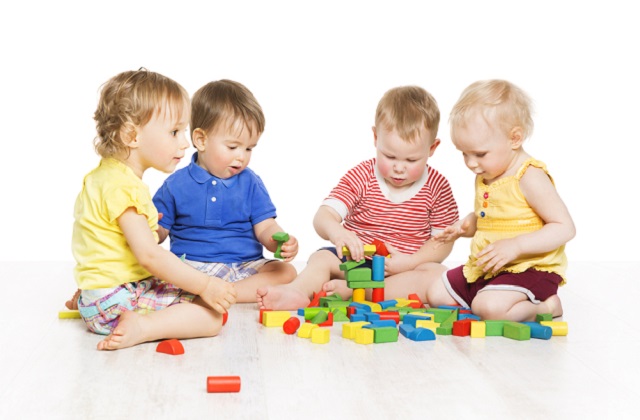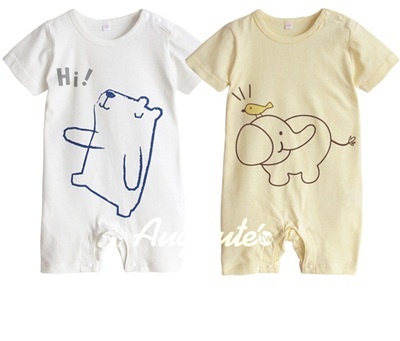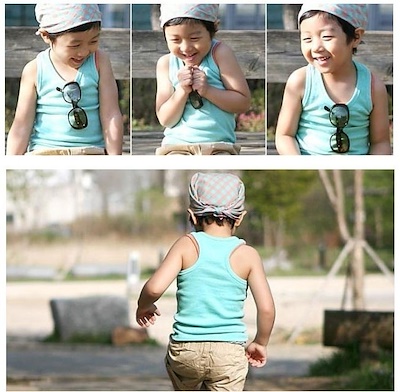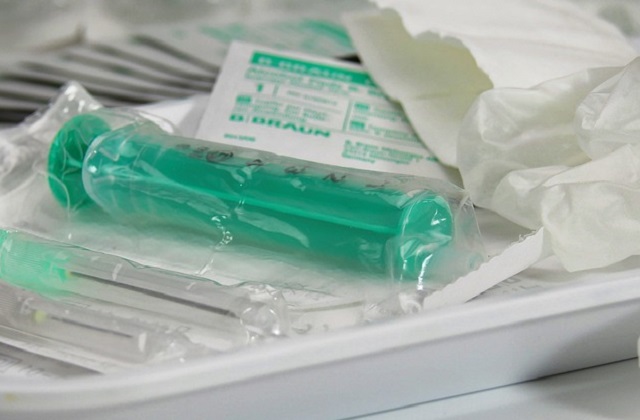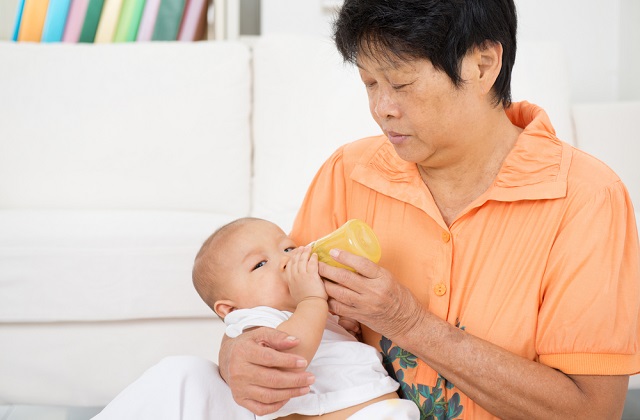Why do children bite and what to do?
Biting is not uncommon among children ages between 1 and 3. These children bite for many different reasons, from teething to seeing what reaction it will provoke. Usually, biting is a normal part of childhood development for these children.
Why children bite?
1. They are teething
Teething causes pain in children. When children bite, it helps to relieve the pain of their swollen and tender gums.
2. They are angry
Children are not able to express their feeling effectively through words. When his toy is taken away by another child, he may bite to express anger.
3. Dominance
A child may bite other children in a group as a display of power. A child may bite to gain command over the other person.
4. They are exploring their little world
Babies and toddlers learn through their senses. They use their mouths to explore, just as they use their hands. As such, they may bite the object of their interest.
5. Experimental biting
Children under the age of 3 may experiment with biting to see what kind of reaction their actions will provoke. They may bite a friend or sibling to hear the surprised exclamation, not knowing how painful the other person may experience.
6. They need your attention
In older kids, biting is just one of several bad behaviors used to get attention from parents or caregivers. When a child feels ignored, discipline is at least one way of getting noticed -he may, therefore, resort to biting to get noticed.
7. Stress
A child may bite as a reaction to pain or emotional stress. For example, when the child is separated from the parent and handed over to another person, the child may throw a tantrum and bite the caregiver.
Should I worry if biting occurs frequently?
Biting may be a sign of other severe problems when it occurs repeatedly.
1. Autism
According to the American Academy of Pediatrics, repeated biting could be an early sign of autistic spectrum disorders (ASD). But it should be noted that biting alone does not indicate the condition, but a symptom of a larger problem.
2. Speech delay
It has been estimated that about 10 percent of toddlers are affected by an expressive speech delay. In these cases, children can process information and understand language, but they have not expanded their vocabulary as quickly as most other kids of their age. For these children, they may become frustrated when they are not able to express themselves, and they may resort to biting as a means of communication.
What to do when biting happens?
1. Assure the complainant
If you have received a complaint about your child's biting behavior in school or from another parent, do not try to defend your child. Assure them that you find biting unacceptable, and you will address the problem with your child.
Remember that complaint does not mean that you are a bad parent or your child is a bad person the moment your child bites. It is not an indication of your parenting skill. Therefore, apologize and acknowledge your child's mistake without getting into an argument.
You may take specific measures to prevent the biting habit in the child.
2. Separate the biting child from the bitten child
If the biting incidence happened when you are around, try to create a distance between the two. This can prevent the two children from getting into a confrontation or go on a biting spree.
3. Give the child some time to cool down
In many situations, the biting child may be very nervous or scared after he bites his friend or sibling. Take the child to a quieter room and ask him to sit silently for some time with you. It helps the child calm down enough to tell you why he bites and, at the same time, listens to you patiently.
4. Ask the child the reason for biting
Do not rush to scold your child, but ask relevant questions that help you to get a better picture of the whole situation. "What made you bite?" "Did you feel bad about something, and that's why you bit? Were you in pain?" Use short sentences and ask one question at a time to get as much information as possible. These will help you understand the cause of biting and prevent it from happening again.
5. Tell the child it is not okay to bite
Firmly, but politely, tell your child that it is not okay to bite. "You must not bite. It is a bad thing to do." or "Biting cause pain in your friend." Shift to your attention to the bitten child when you realize the child seems to have realized their mistake.
6. Take care of the bitten child
Express your apologies to the child and their parents for the actions of your child. Acknowledge what happened was wrong. Use soothing words and comforting body language. If the bitten child is a sibling, then give them a hug and cuddle. Check the bite and clean it with soap, then apply an antiseptic liquid. If the skin broke and led to bleeding, then use first aid and take them to a doctor if necessary.
7. Do not yell at the child
Hitting the child and scolding them will make them more upset and stressed. Remember, the biting child is as anxious as the child who just got bitten. Your shouts will increase their anxiety and make them hard to accept what you are going to tell him.
8. Do not give the biting child too much attention
The biting child may get so much criticism that they may feel being under the spotlight. It can make the child feel important. This gives them the incentive to repeat their action.
Once you are done expressing your disapproval, turn your attention towards the child that is bitten. Children are more likely to feel guilty and not bite when they realize everyone ignores them after they bite.
How to stop a child from biting?
Stopping a child from biting is all about changing the child's behavior such that they do not rely on biting as a way to express their feelings or a means to get what they want. Here is what you can do:
Observe the circumstances and know the trigger
If the child bites in some situations only, then observe the conditions under which he tends to bite. Knowing exactly what causes him to bite is the first step in preventing him from biting others again.
Teach the child that biting is unacceptable
Biting not only invites punishment from teachers or parents, but it also makes him less likely to have new friends. Make him understand that biting will cause pain in the bitten child, and the wound may take days to recover.
Teach your child to express anger or frustration in a different way
For example, you can teach him the use of words ("I'm angry with you" or "That's my toy", "I will inform teacher") instead of biting. Other ways to express frustration or anger include hugging a stuffed animal.
Tell your child that the next time they feel frustrated, angry, or upset, they must approach you right away. If they are at a school or childcare, then they must see a teacher or caretaker.
Reward positive behavior
When your child demonstrates all the positive traits that deter biting, reward them, or praise them so that the good behavior may last with them forever.
Teething ring
Lastly, If your baby is teething, you can give him or her a cool teething ring or teething gel on hand so he or she will be less likely to bite someone nearby.
It takes a village to raise a child !
Join our WhatsApp Groups or Facebook Group to interact with parents about infant care/child care in Singapore..

